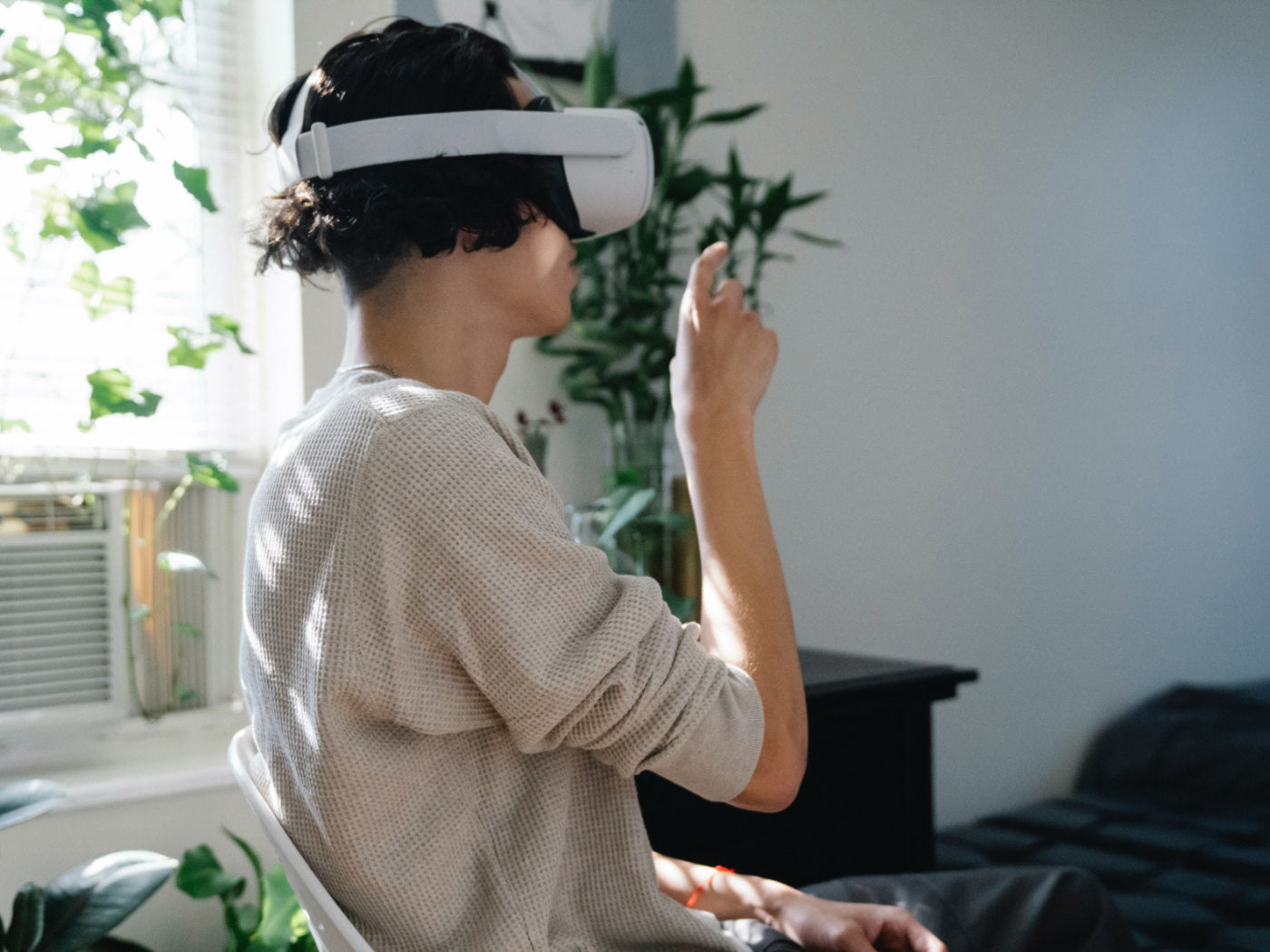Technology is revolutionizing many industries, including casino gaming. To remain relevant in an ever-evolving marketplace, casinos are looking for ways to remain ahead of their competition while giving their customers an improved experience.
Casinos are increasingly turning to data analytics to personalize their services and gain more insight into player behavior, creating a more tailored customer experience and increasing retention rates.
Virtual Reality
Virtual reality (VR) is an exciting emerging technology that is revolutionizing how we experience gaming and entertainment. Already it is being utilized across industries including military and healthcare settings.
Online casino gaming has become a rapidly expanding trend, and VR could make the experience more immersive and accessible for players with physical disabilities without needing to travel all the way out to cities like Las Vegas.
VR online casinos use headsets and software to create an immersive virtual world that you can walk and touch within. Plus, you’ll even see all your fellow tablemates!
VR holds great promise to transform the casino industry, yet several challenges must first be met before this form of online gambling becomes widespread. These include processing power requirements and hardware needs as well as safety issues.
Mobile Gaming
Mobile gaming has quickly become a convenient way for casino enthusiasts worldwide to play their favorite casino games anywhere they are, anytime of day or night. Apps have made mobile gaming accessible, offering bonus offers and other special perks.
These games have also been created to be compatible with multiple devices and screen sizes, ensuring that players will not experience any difficulty when trying them out.
This new trend has brought numerous advantages to the casino industry, increasing the global acceptance of gambling apps and their users.
Players also benefit from being able to play at any time or location, which has helped casinos attract more customers while providing safer environments for their players.
Mobile gaming has revolutionized the casino industry thanks to smartphone technology, making it easier for players to access their favorite casino games from any location worldwide.
Internet of Things
The Internet of Things (IoT) refers to an interconnected network of connected devices that collect and transmit data. This includes objects such as smart speakers or appliances that collect or send out data as well as systems that automate actions based on input information.
IoT is revolutionizing the gaming industry, as its technologies allow game designers to craft more realistic titles for players to enjoy.
IoT also enables game developers to keep an eye on player activity and personalize games according to individual player preferences, creating immersive experiences that keep players interested.
IoT applications have quickly gained in popularity over recent years and can help businesses achieve efficiency gains across four areas – energy use, asset tracking, security and customer experience.
Data Analytics
Data analytics is a field of study which involves gathering and processing large volumes of information in order to help managers make more informed business decisions.
Big data is revolutionizing the casino industry by offering insightful player analysis. It helps casinos increase customer engagement by recognizing which games to promote and tailoring marketing content to specific visitor profiles.
Managers can track click-through rates, payouts, comments and game preferences to gain an idea of which titles are most sought-after and avoid pushing less appealing games during marketing campaigns.
By harnessing this data, major players have been able to utilize it effectively in redesigning their gaming experiences for customers, offering greater chances of winning their bets.
Casinos face unique challenges when collecting, processing and storing vast quantities of data. This requires strict procedures to protect privacy while protecting information against hacking attempts; in addition to validating analytics’ accuracy and consistency.




